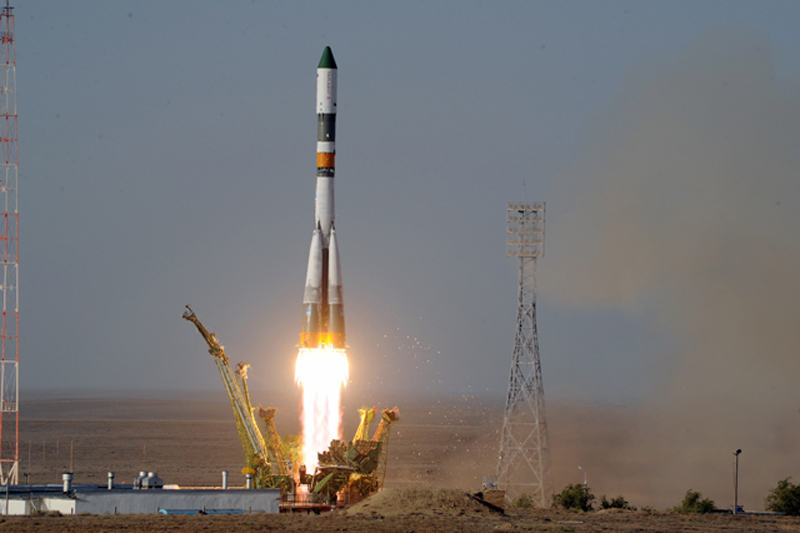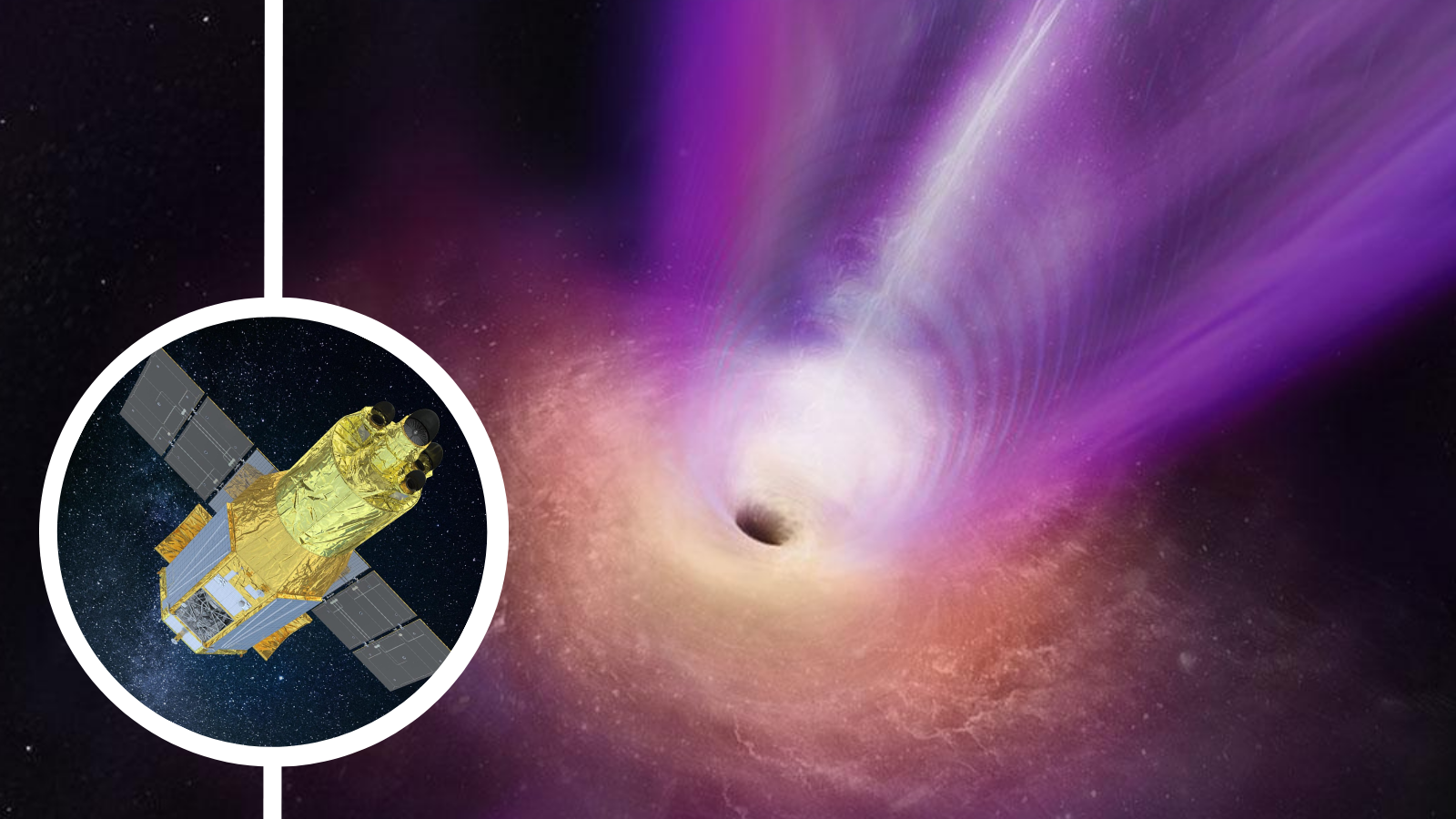Russian President Threatens Punishment for Recent Space Blunders

Breaking space news, the latest updates on rocket launches, skywatching events and more!
You are now subscribed
Your newsletter sign-up was successful
Want to add more newsletters?

Delivered daily
Daily Newsletter
Breaking space news, the latest updates on rocket launches, skywatching events and more!

Once a month
Watch This Space
Sign up to our monthly entertainment newsletter to keep up with all our coverage of the latest sci-fi and space movies, tv shows, games and books.

Once a week
Night Sky This Week
Discover this week's must-see night sky events, moon phases, and stunning astrophotos. Sign up for our skywatching newsletter and explore the universe with us!

Twice a month
Strange New Words
Space.com's Sci-Fi Reader's Club. Read a sci-fi short story every month and join a virtual community of fellow science fiction fans!
Russian president Dmitry Medvedev has threatened to dole out strict punishments to officials responsible for a string of recent failures in the country's space program, according to news reports.
Medvedev threatened disciplinary action, heavy fines or even criminal penalties for the country's recent space woes, which have included a series of rocket crashes and lost spacecraft over the past 11 months, according to the Russian news agency Ria Novosti.
"The latest failures [in the space industry] seriously harm Russia's competitiveness," Medvedev said on Nov. 26, according to Ria Novosti. "This means that we need to conduct a serious analysis and punish those responsible."
The country's most recent blunder stranded a spacecraft in orbit around Earth, instead of sending it on its intended path toward Mars. The Phobos-Grunt probe was designed to collect samples from the Martian moon Phobos, but shortly after its launch on Nov. 8, the spacecraft's thrusters failed to fire in a maneuver that would have set it on course for the Red Planet.
An international effort is underway to rescue the $165 million mission, but flight controllers at the Russian Federal Space Agency and the European Space Agency have been struggling to regain contact with the probe, and time is quickly running out. [Photos: Russia's Mars Moon Mission]
The notoriously tight-lipped Russian Federal Space Agency has remained guarded about the status of Phobos-Grunt, which has fueled speculation that the possibility of saving the spacecraft or the mission is unlikely.
If the problem with Phobos-Grunt cannot be resolved, the vehicle will likely fall back to Earth sometime in mid-January, scientists have said. Phobos-Grunt is the 19th spacecraft Russia has launched toward Mars since 1960. None has achieved full mission success.
Breaking space news, the latest updates on rocket launches, skywatching events and more!
The Russian space program has also suffered four rocket failures within the past year, adding to the troubles.
In December 2010, three navigation satellites were lost after a Russian Proton rocket failed before it reached orbit. A military satellite and a communications satellite were also lost in two separate rocket malfunctions.
In August, a Soyuz rocket carrying a robotic cargo ship suffered a malfunction minutes after launch in what was a rare mishap for the typically reliable fleet of Soyuz boosters. The rocket and the Progress 44 cargo freighter crashed in Siberia and were destroyed.
Investigations into the accident traced the problem to a faulty gas generator in the rocket's third stage, and spaceflight operations were temporarily halted until the issue was resolved.
On Oct. 30, a Progress 45 cargo ship was successfully launched to the International Space Station, and a manned launch carrying three new crewmembers for the orbiting complex followed almost two weeks later.
Follow SPACE.com for the latest in space science and exploration news on Twitter @Spacedotcom and on Facebook.

Denise Chow is a former Space.com staff writer who then worked as assistant managing editor at Live Science before moving to NBC News as a science reporter, where she focuses on general science and climate change. She spent two years with Space.com, writing about rocket launches and covering NASA's final three space shuttle missions, before joining the Live Science team in 2013. A Canadian transplant, Denise has a bachelor's degree from the University of Toronto, and a master's degree in journalism from New York University. At NBC News, Denise covers general science and climate change.
